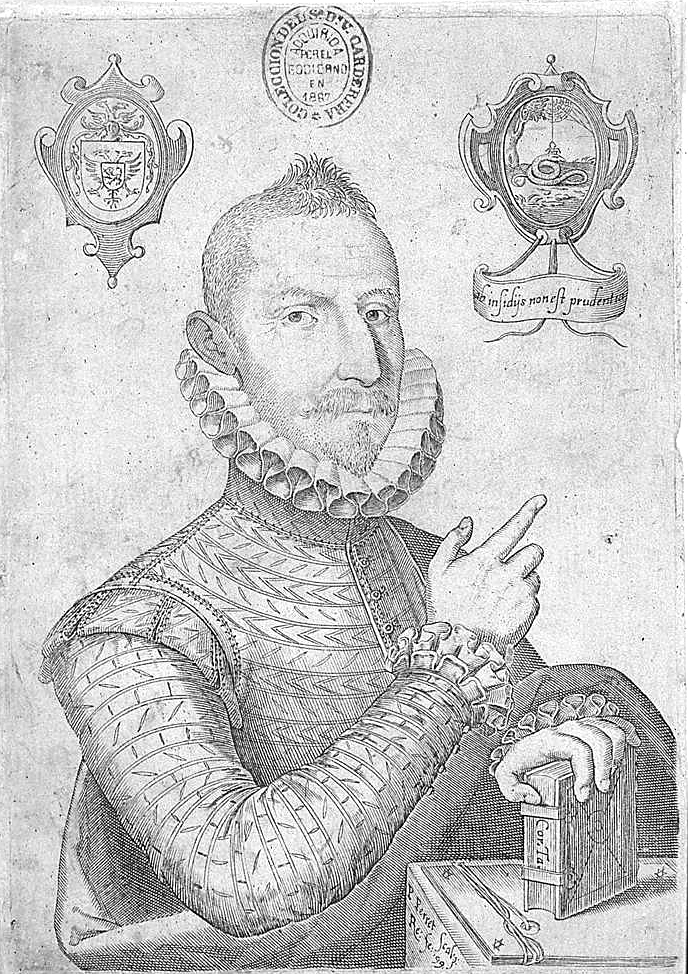Mateo Alemán cytaty
Mateo Alemán: Cytaty po angielsku
“He soon retires (i.e., into a cloister) who finds religion late.”
Źródło: Guzmán de Alfarache (1599-1604), Pt. II, Lib. I, Ch. III.
“Better a thrifty son-in-law and poor, than a glutton who is rich.”
Pt. II, Lib. III, Ch. X.
Guzmán de Alfarache (1599-1604)
“The doctor begins where the apothecary ends, and the clergyman where the doctor ends.”
Pt. II, Lib. III, Ch. V.
Guzmán de Alfarache (1599-1604)
“The wise man's rule is worth much more to him than the fool's revenue.”
Pt. II, Lib. III, Ch. III.
Guzmán de Alfarache (1599-1604)
“He who buys what he needs not, sells what he needs.”
Pt. II, Lib. III, Ch. III.
Guzmán de Alfarache (1599-1604)
“It is the treason that finds favour, and not the traitor who is guilty of it.”
Pt. II, Lib. II, Ch. X.
Guzmán de Alfarache (1599-1604)
“How oft he finds himself the last, who was the first to saddle.”
Pt. II, Lib. II, Ch. IX.
Guzmán de Alfarache (1599-1604)
“A little pebble will a waggon overturn.”
Pt. II, Lib. II, Ch. VIII.
Guzmán de Alfarache (1599-1604)
“Idleness is the open field of perdition, well tilled and sown with evil thoughts.”
Pt. II, Lib. II, Ch. VI.
Guzmán de Alfarache (1599-1604)
“An unsatisfactory agreement is less harmful than a successful lawsuit.”
Pt. II, Lib. II, Ch. II.
Guzmán de Alfarache (1599-1604)
“Where wedges are worthless, the finger nails may serve.”
Pt. I, Lib. III, Ch. VIII.
Guzmán de Alfarache (1599-1604)
“Even the ass wearies of work.”
Źródło: Guzmán de Alfarache (1599-1604), Pt. II, Lib. I, Ch. III.
